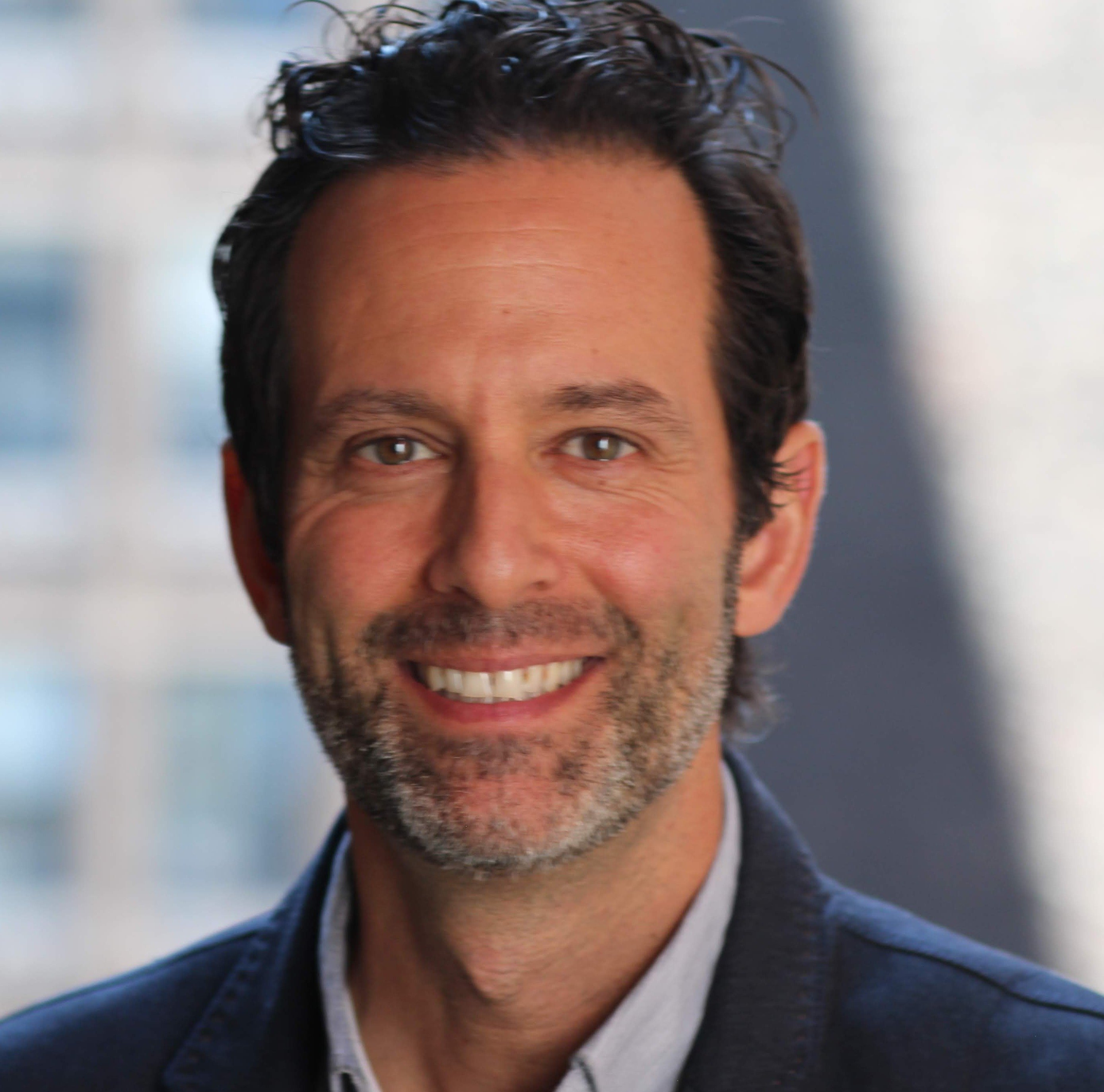Many of us have heard the phrase life is a journey, not a destination. As someone who believes that life is for learning, this brings up the question for me, is the product or the process of learning more important?
As leaders, whether we are teaching a class or leading a staff meeting or training, are we emphasizing the outcomes or the actual learning process of the individuals we are leading? In these situations, what should we put our focus on?
I remember reading a book called, Zen in the Martial Arts, by Joey Hyams, and in that brilliant little book was a chapter titled, ‘Process Not Product’. In that chapter the author relates an experience he had while learning a new martial art at the age of 50. He describes himself as being proficient in the art but feeling frustrated because his learning felt slow and cumbersome compared to the younger students in the class. He wasn’t meeting his expectations and it was taking him too long to learn new techniques. As his master witnessed his increased frustration, he invited Joey to tea one afternoon. Over tea the master said, “You will never learn to do any endeavor properly unless you learn to give yourself time. I think you are accustomed to having everything come easily to you, but this is not the way of life or martial arts.” Joey replied, “But I am patient”, and the master responded, “This is not about patience. To be patient is to have the capacity to have calm endurance. To give yourself time is to actively work toward a goal without setting a limit on how long you will work.” Once Joey eliminated the deadline he had put on his learning, it was like he eliminated a huge weight from his shoulders. Within a few months he was able to perform at the same level if not a higher level than the rest of the class.
In striving to create the optimum learning environment I ask my participants to observe what happens to them in the experiences they have and to not judge those observations, but to simply see them as snapshots of truth about themselves. Then when I process their experiences, I use a form questioning called the Experiential Learning Cycle to help guide the participants toward taking the lessons learned from the experience and using their powers of observation and ability to reflect to make actual, real-life applications.
It is through deep questioning and discussion that we can really assess where our participants are with their learning, and it is with this knowledge that we can guide them toward tangible outcomes. As in the example above, once we take the focus off of the product and make the process of learning relevant and engaging for our participants, then we can achieve whatever specific learning outcomes we are striving for. Both the process and product are essential parts in any learning experience. By concentrating on the process it will lead us toward the product, and so we find that both of these elements are equally important.
How do you focus on the process and what does that look like in action? Tell me in the comments below, or tweet me @GregShamie.


Comments [0]
Click here to read/write comments